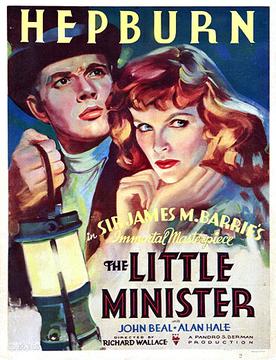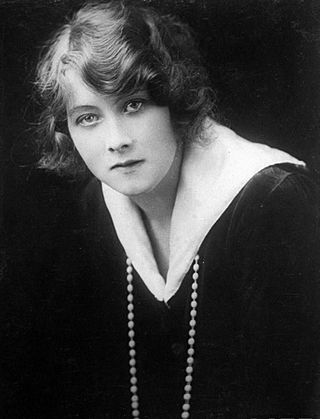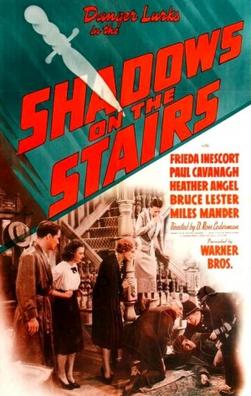
Cecil Milton Hepworth was a British film director, producer and screenwriter. He was among the founders of the British film industry and continued making films into the 1920s at his Hepworth Studios. In 1923 his company Hepworth Picture Plays went into receivership.
The Very Best Of is a greatest hits album released by New Zealand opera diva, Kiri Te Kanawa in 2003.
Coming Home or Comin' Home may refer to:

Rock 'n Roll Stage Show is the first studio album and fourth overall album by rock and roll band Bill Haley and His Comets. Released by Decca Records in August 1956, it was the group's first album to include new, as opposed to previously released material. Although the album spawned several singles, it also featured several album-only tracks.

The Little Minister is a 1934 American historical drama film starring Katharine Hepburn and directed by Richard Wallace. The screenplay by Jane Murfin, Sarah Y. Mason, and Victor Heerman is based on the 1891 novel and subsequent 1897 play of the same title by J.M. Barrie. The picture was the fifth film adaptation of the works, following four silent film versions. The original novel was the third of the three "Thrums" novels, which first brought Barrie to fame.

Ellen Buckingham Mathews (1849–1920) was a popular female English novelist during the late 19th and early 20th centuries. She was also known as Mrs Reeves after her marriage in 1877 to Dr. Henry Albert Reeves (1841–1914) but was best known under her pen name, Helen Mathers. She was born in Misterton, Somerset. Her first novel, "Comin' thro' the Rye" was published in 1875. It was partly based on people in her life and on her own early romantic experiences. She also acknowledged Rhoda Broughton as an early influence. She continued to write until her death.
"Comin' Thro' the Rye" is a poem written in 1782 by Robert Burns (1759–1796). The words are put to the melody of the Scottish Minstrel "Common' Frae The Town". This is a variant of the tune to which "Auld Lang Syne" is usually sung—the melodic shape is almost identical, the difference lying in the tempo and rhythm.

James Usselman, known professionally as James Carew, was an American actor who appeared in many films, mainly in Britain. He was born in Goshen, Indiana in 1876 and began work as a clerk in a publishing firm. He began acting on stage in Chicago in 1897 in Damon and Pythias.

Alma Louise Taylor was a British actress.

Adelphi Films Limited was a British film production company. With its sister company Advance, it produced over 30 films in the 1940s and 1950s and distributed many more. Adelphi linked Gainsborough Pictures and the raw “kitchen sink” dramas of the early 1960s.
Henry Vibart was a Scottish stage and film actor, active from the 1880s until the early 1930s. He appeared in many theatrical roles in the UK and overseas, and featured in over 70 films of the silent era.
Comin' Thro the Rye is a 1923 British silent drama film directed by Cecil Hepworth and starring Alma Taylor and Ralph Forbes. The film was based on the 1875 novel of the same name by Helen Mathers. The title alludes to the Robert Burns 1782 poem "Comin' Through the Rye".
Walter Charles Mycroft was a British journalist, screenwriter, film producer and director. In the 1920s he was film critic of the London Evening Standard, and a founder of the London Film Society, before joining the film industry.
John MacAndrews was a British actor of the silent era.
Eileen Dennes was an Irish-born actress of the silent era.

Shadows on the Stairs is a 1941 American mystery film directed by D. Ross Lederman.
Hepworth Picture Plays was a British film production company active during the silent era. Founded in 1897 by the cinema pioneer Cecil Hepworth, it was based at Walton Studios west of London.

Alice Fischer was an American stage actress born in Indiana. Her one film appearance was the now lost 1917 National Red Cross Pageant.
Events from the year 1782 in Scotland.
Coming Thro' The Rye is a "satiretta" or musical in two acts with both lyrics and book by George V. Hobart and music by A. Baldwin Sloane and J. Sebastian Hiller.
This page is based on this
Wikipedia article Text is available under the
CC BY-SA 4.0 license; additional terms may apply.
Images, videos and audio are available under their respective licenses.








